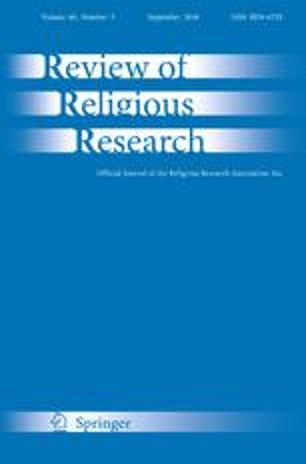Recent scholarship has illuminated the ways that women clergy are disadvantaged in their work, even in congregations that actively support women ministers. How might this disadvantage extend to women congregants who work for pay in other fields? Drawing on 136 interviews from a national study on work and faith, we analyze the accounts of clergy within different types of Christian churches as well as those of women congregants. Surprisingly, we find the same three themes across denomination types showing how support for working women lags that of their male counterparts: (1) lack of support for women by clergymen in general, (2) a lack of specificity concerning issues facing women who work, and (3) insensitivity to working women’s schedules. We conclude that churches, regardless of gender ideology, act as gendered organizations by gendering practices, cultures, interactions, and identities. In doing so, churches hold men as the prototypical worker and fail to provide adequate religious support for working women. This study contributes to a growing focus on religious support for working people and reveals subtle mechanisms by which religious organizations reinforce gender disparities even while preaching gender equity.




